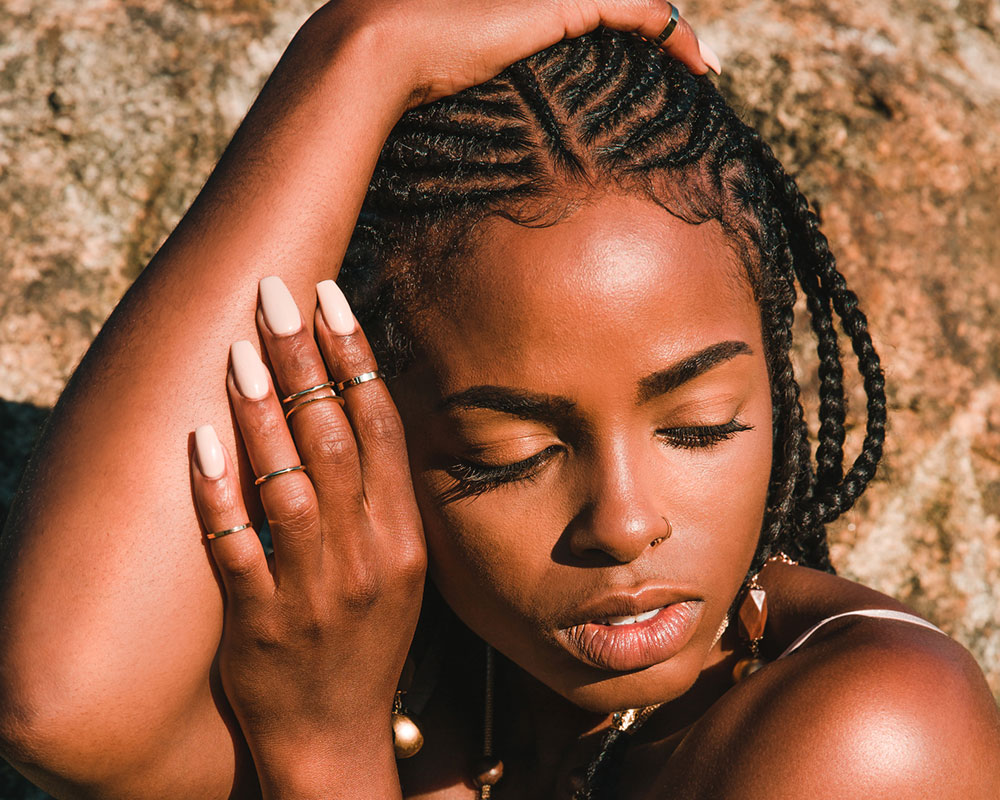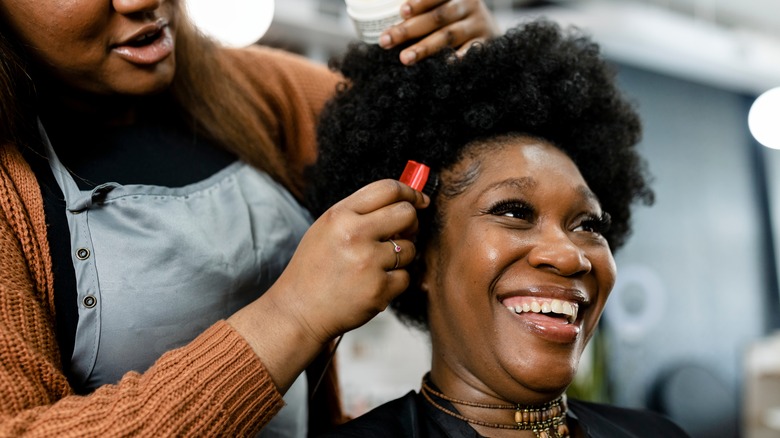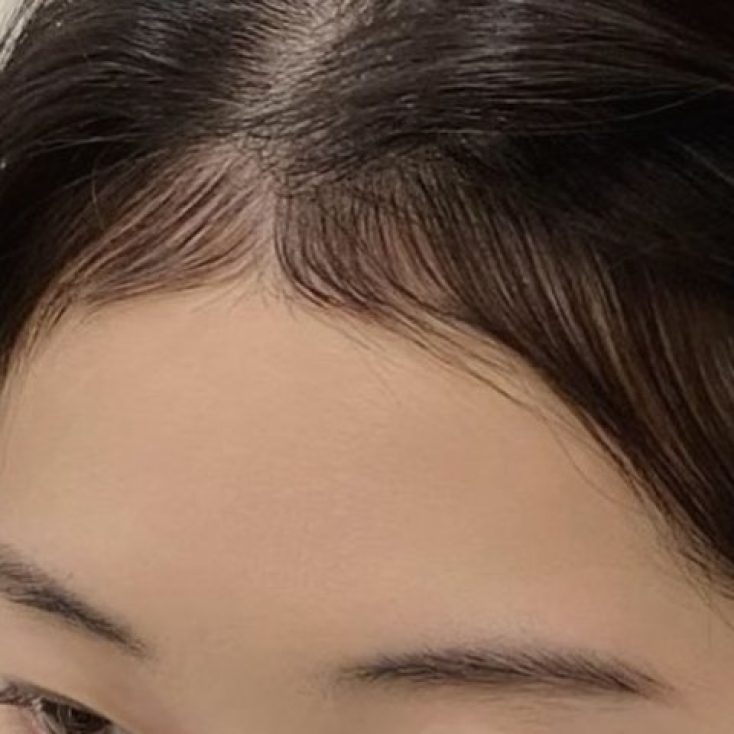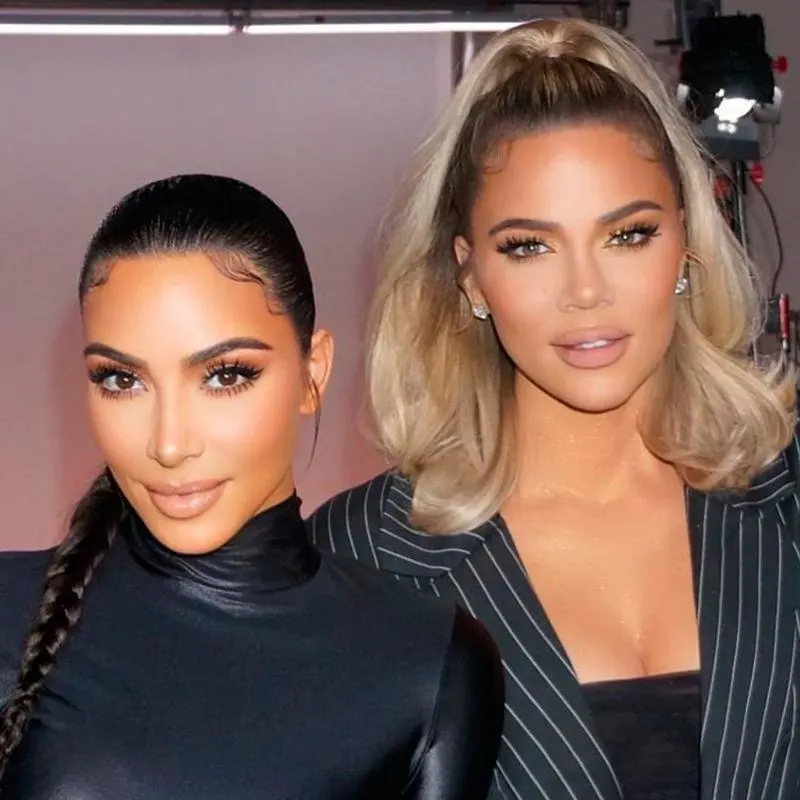CONTENTS

Baby Hairs 101: Everything You Need to Know
If you’ve ever been curious about the delicate hairs that grow along the hairline and edges of your scalp, you’re among the many who have wondered about baby hairs.
These wispy, fine strands are a natural occurrence in the hair growth cycle, and it’s common to have questions about how to care for them.
We’re going to delve into everything you need to know about these hairs, including their causes and tips for managing and styling them.
What Are Baby Hairs?

Baby hairs are tiny, delicate hairs that grow along the perimeter of your hairline and the edges of your scalp. These thin strands are usually wispy and challenging to style or control but add a soft, natural frame to your face.
These hairs are generally shorter than the rest and can have a different texture or curl pattern, making them stand out from the rest of your locks.
They are a natural and normal part of the hair growth cycle and can vary in appearance from person to person.
The Causes Of Baby Hairs

Baby hairs can develop due to a variety of reasons. Genetics is one of the primary factors, as some individuals are more susceptible to growing tiny hairs than others, often due to hereditary factors.
Broken hair is another reason why these hairs can appear along your hairline. If your hair is prone to damage and breakage, you may notice tiny, wispy hairs that are difficult to control.
Additionally, hormonal changes or medical conditions can also trigger hair growth, so it’s important to pay attention to your overall hair health to ensure you maintain a healthy scalp and hairline.
Tips for Styling Baby Hairs

Styling this hair can be tricky, but you can achieve a polished and chic look with the proper techniques. Here are some helpful tips for styling your thin hair:
- Use a small amount of hair gel: Overusing styling products can weigh down your baby hairs, making them appear greasy or flat.
- Use a toothbrush or edge brush: These tools are excellent for controlling and shaping your thin hair. Simply apply a small amount of product to the brush and gently brush your hair into place for a neat look.
- Consider laser hair removal: If you’re dealing with too many thin hairs around your hairline, you may want to consider laser hair removal.
- Try a hair tattoo: If you’re tired of dealing with unruly tiny hairs, a hair tattoo can be a great option. This procedure involves tattooing tiny dots along your hairline to create the illusion of a fuller and more defined hairline.
Here’s a clip of how to style baby hair to get you started!
Taking Care of Your Baby Hairs
Don’t Overuse the Product
While a small amount of product can help you style your thin hairs, too much can weigh them down and make them look greasy or dirty.
Moisturize Your Edges
It’s essential to keep the skin around your hairline hydrated and free of dryness and irritation. One way to achieve this is by using a lightweight, non-greasy moisturizer to keep your edges soft and supple.
In addition, applying an edge control product can help keep your tiny hairs in place and prevent dryness.
Frequently Asked Questions
Do baby hairs mean healthy hair?
While these hairs are not an indicator of healthy hair, they can indicate new hair follicles growing. If you’re observing the growth of many new tiny hairs, it could suggest that your hair follicles are regenerating and producing new strands.
Are baby hairs growing or breakage?
The presence of baby hairs along your hairline can signify either new hair growth or damaged hair. If you are experiencing a significant amount of breakage or damage, you may notice baby hair-like breakage around your hairline that appears wispy and difficult to control.
Is my hairline receding, or is it baby hairs?
If you notice a lot of thinning or hair loss around your hairline, it could be a sign of a receding hairline. However, if you’re seeing lots of new thin hairs, it’s more likely a sign of new hair growth.
Conclusion
Managing and styling this kind of hair can be challenging, but with proper care, you can achieve a polished look. Understanding the causes of baby hairs and following helpful tips can help you manage them, whether due to genetics or breakage.
With these simple steps, you can rock your baby hairs with confidence! Good luck!


